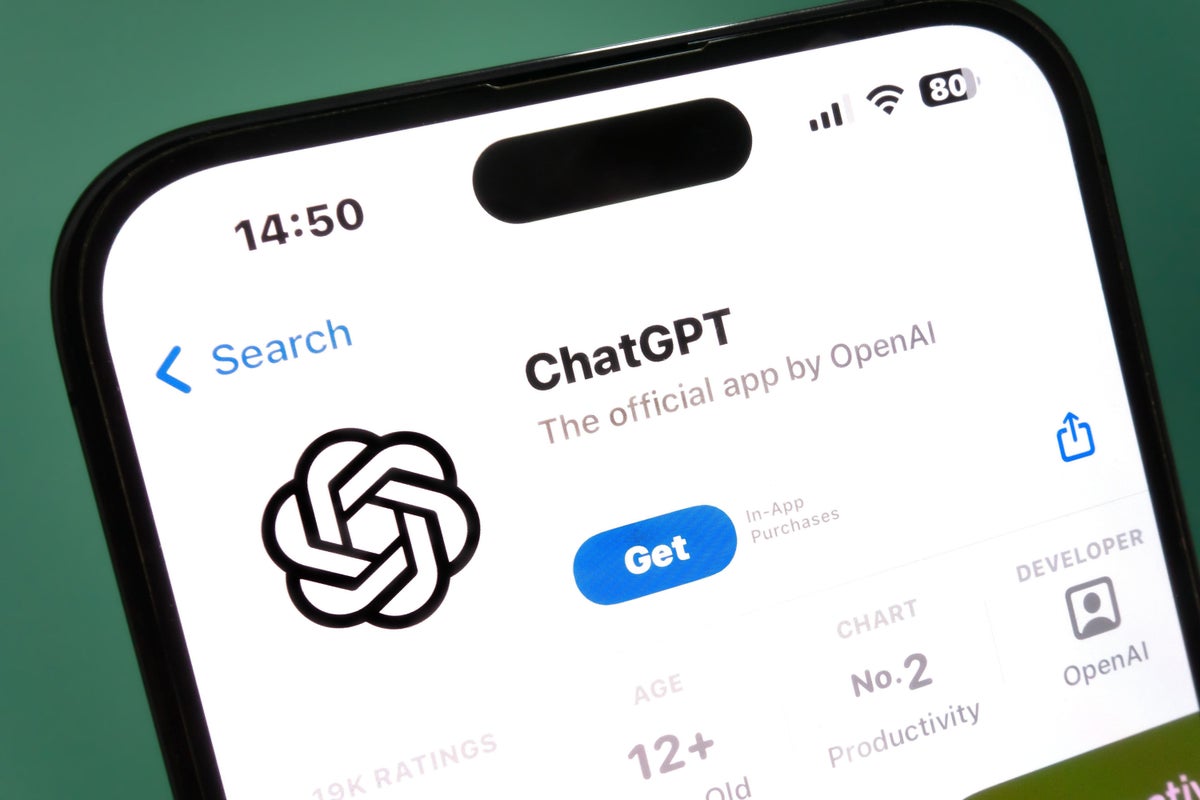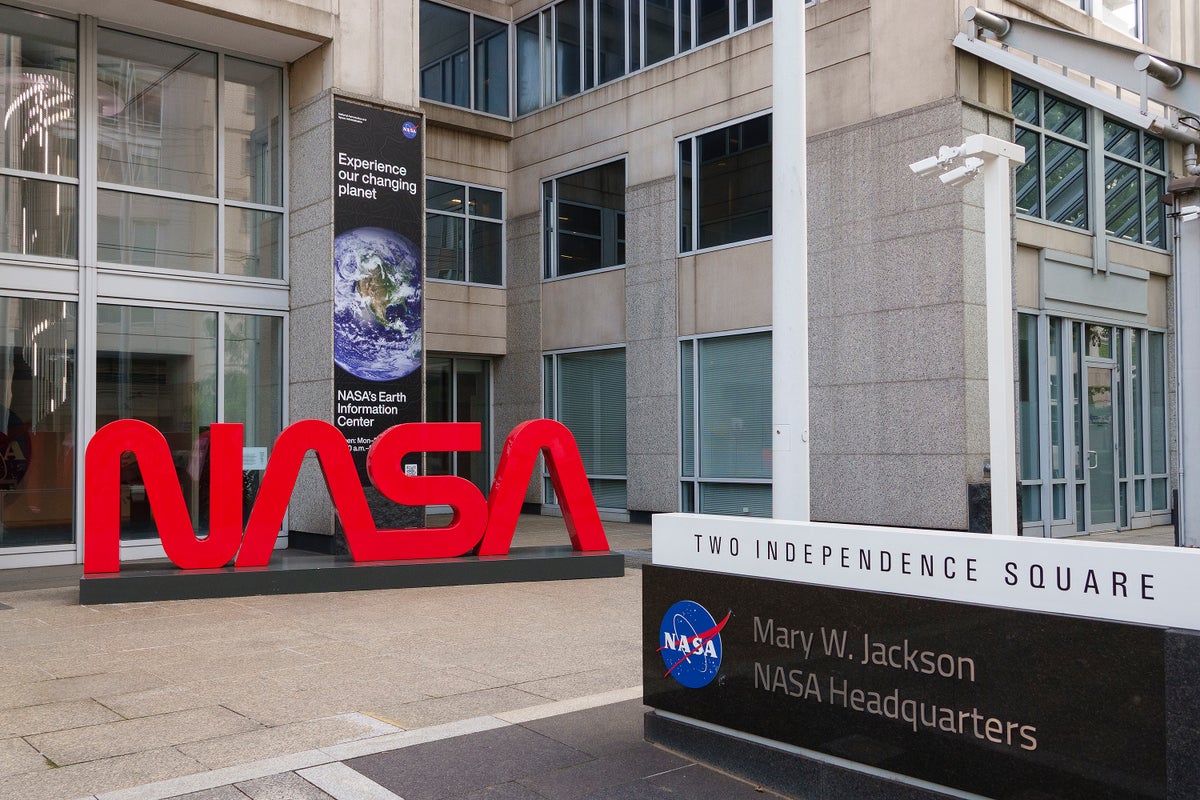Now Reading: Why I’m Taking OpenAI to Court Over ChatGPT
-
01
Why I’m Taking OpenAI to Court Over ChatGPT
Why I’m Taking OpenAI to Court Over ChatGPT

Quick Summary
- A federal lawsuit has been filed against OpenAI in Hawaii, seeking a temporary restraining order to pause the deployment of its AI products like ChatGPT until adequate safety measures are demonstrated.
- Concerns raised include existential risks of AI, workforce disruptions in Hawaii, and misrepresentation or misuse of cultural knowledge by unregulated AI systems.
- The lawsuit claims OpenAI has failed in its duty of care by removing essential safety measures,inadequately warning about risks,and prioritizing commercial gains over public interest.
- Specific alleged violations:
– product liability: Defective design failing to meet consumer expectations.
– failure to warn: Lack of adequate risk disclosures on misinformation and deceptive behaviors.
– Negligent design: Breach of duty evidenced by internal company decisions against safety priorities.
– Public nuisance: Unreasonably interfering with public rights due to unregulated AI deployment.
- the plaintiff advocates reinstating previously announced safety commitments by OpenAI: dedicating resources for alignment research, governance reforms for oversight, cultural safeguards for Hawaii’s unique heritage, and implementing protocols on democratic processes manipulation mitigation.
- Broader implications are highlighted with experts describing the potential transformational power-and dangers-of AI.
Indian Opinion Analysis
The concerns about artificial intelligence (AI) regulation presented in this article resonate globally but have specific implications for India. Like Hawaii’s challenges with job displacement from AI-powered automation and susceptibility due to economic uniqueness, India’s diverse professional services sector could experience similar disruptions as technology evolves rapidly. Furthermore, concerns related to cultural integrity also hold relevance in India; misappropriation or distortion of traditional knowledge systems and languages would pose risks without robust regulatory frameworks.India is uniquely positioned both as a major contributor to technological innovation and as a developing nation with deep-rooted cultural diversity requiring protection against exploitation. Currently lacking thorough legislation around ethical AI progress or enforcement mechanisms akin to global precedents mentioned hear (e.g., precautionary approaches), initiatives such as creating an “Office for AI Safety,” akin to what was proposed in Hawaii’s legislative framework discussed above, may warrant exploration within india’s policy landscape.
Proactive steps toward ensuring alignment between technological advancements like generative models from firms including OpenAI while upholding socio-economic stability could prove integral for managing the duality between fostering growth through innovation alongside addressing societal vulnerabilities that powerful computing architectures inherently strain/permeate upon reachable everyday interfaces future inclines depend onward adaptability garante principle contexts flexibly blending suitable pragmatism-guidance-order relation across sectors vibrationally adjustment positive outputs proactively exemplary safeguarding extend continental broader scale myriad industry-defense 공>Thisationale ?>>…




























